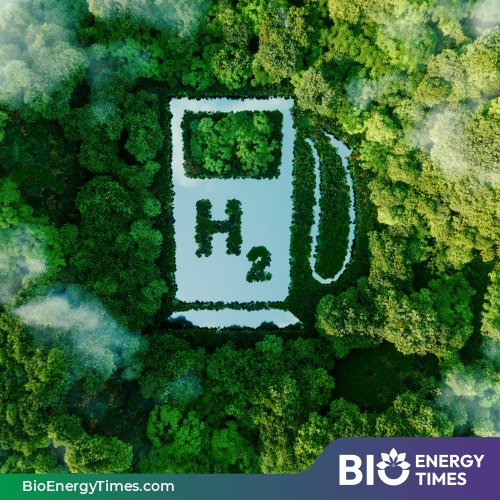A delegation from the University of Canterbury in New Zealand visited the Indian Institute of Technology Delhi (IIT-Delhi) to discuss advancements in renewable energy research and to strengthen partnerships through a series of workshops focused on green hydrogen.
This partnership aims to support India and New Zealand in achieving their renewable energy objectives and addressing energy poverty.
According to a press release from New Zealand Education, Professor Naresh Bhatnagar, the Dean of Research and Development at IIT-Delhi, emphasized the importance of international collaboration in developing renewable energy solutions.
Professor Bhatnagar stated that when enthusiastic and talented international partners work together, the collective impact is greater than individual efforts. This is evident in international collaborations, where research papers receive more citations, diverse perspectives emerge, and campus vibrancy and research activities flourish.
A recent research publication from IIT-Delhi titled ‘Mission Energy Access for a Just and Sustainable Future for all’ aligns with the global target of eliminating energy poverty by 2030.
The authors highlighted the discrepancy between the global commitment to end energy poverty and the reality that many people worldwide still lack access to reliable energy sources.
The press release highlighted India’s commitment to ambitious climate targets, including achieving energy independence by 2047. Renewable energy and green hydrogen are expected to play key roles in this endeavor.
Professor Aaron Marshall from the University of Canterbury, an expert in energy and hydrogen technologies, was pleased to participate in the delegation and share his research on energy equity.
His research focuses on developing a novel type of electrolyser that can efficiently produce green hydrogen energy at a lower cost by replacing expensive noble metals, which are resistant to corrosion and oxidation.
“In order to produce hydrogen, energy is required. Currently, the most efficient electrolysers operate at about 75% efficiency but are costly to build due to their use of expensive noble metals,” Professor Marshall explained in the New Zealand Education press release.















